Last Updated on October 13, 2024 by Daniele Lima
Building Real Connections in a Virtual World
In recent times we are living in a way, where technology permeates every aspect of our lives. Some people claim that they would no longer know how to live any other way, with all this modern structure that has formed around us. However, in the midst of all this, a movement emerged that seeks a simpler and more independent existence, in harmony with nature.
The “offline” lifestyle, that is, off grid living, is gaining popularity not only as an option but also as a philosophy of life. Far from the demands of modern society, those who adopt this way of life seek a deeper connection with the natural environment and prioritize autonomy, sustainability, and freedom.
In this article, we explore the reasons for this movement, the challenges and rewards of living off the grid, and how this radical choice can offer not only a new way of inhabiting the world but also an opportunity to redefine what it means to be true “off.” from the Web”.
Table of Contents
What is off grid living?
Off-grid living is a way of life in which a person or an off grid living community chooses to live independently, separate from regular public energy networks such as electricity, running water, and basic sanitation. Instead, they strive to produce their own energy, collect and purify their own water, and take care of their basic needs independently.
What does living off the grid mean
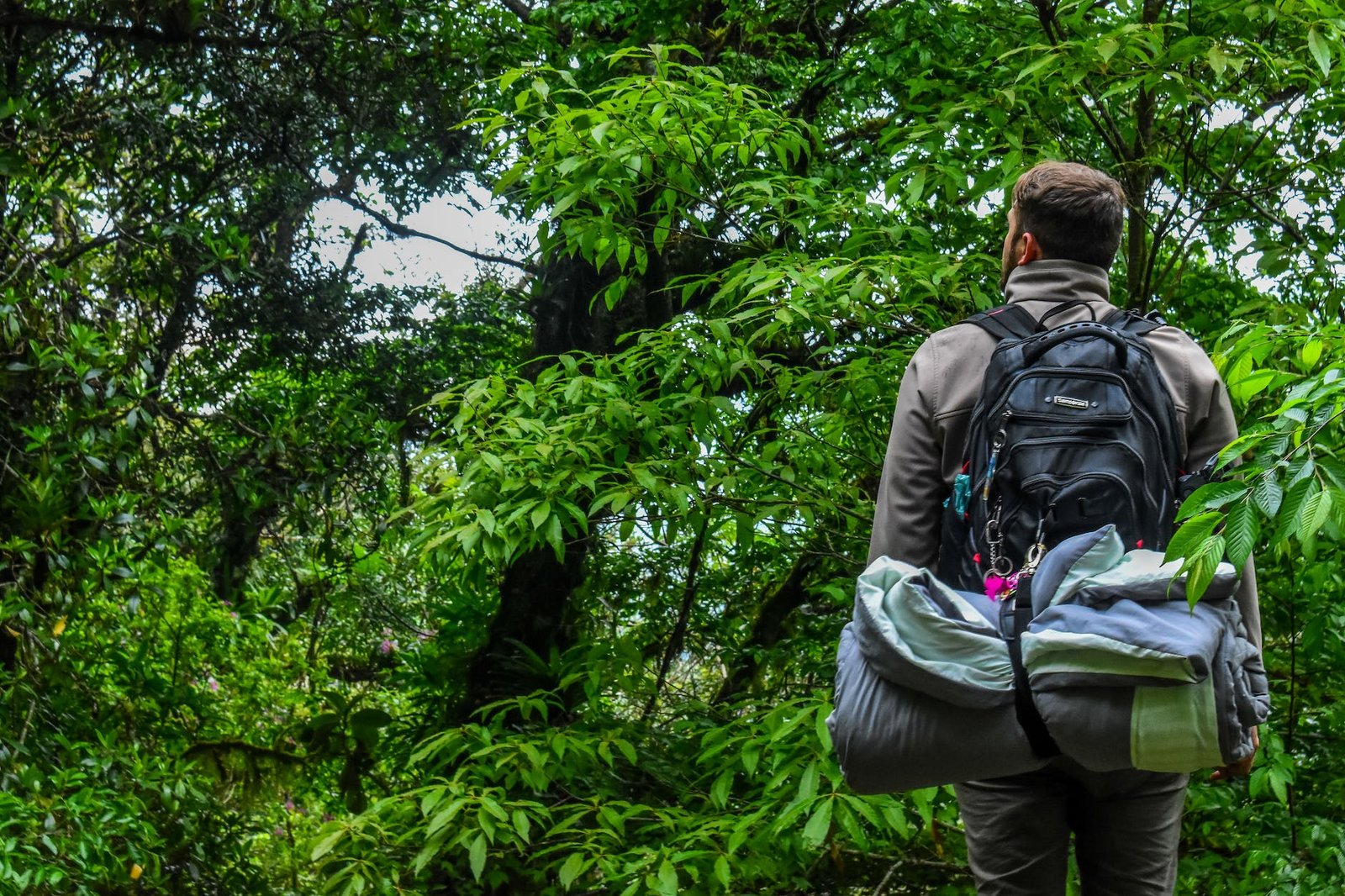
Generally, those who choose an off-grid lifestyle want greater independence and environmental sustainability. This may include the use of renewable energy sources such as solar, wind, and hydroelectric power, rainwater collection and filtration systems, composting techniques for processing organic waste, and sustainable agricultural practices for food production.
Offline life can range from individual homes in remote rural areas to entire communities seeking to live this way. While it can offer freedom and autonomy, it also requires careful planning, survival skills, and a commitment to preserving natural resources.
How to start living off the grid
Off grid living ideas
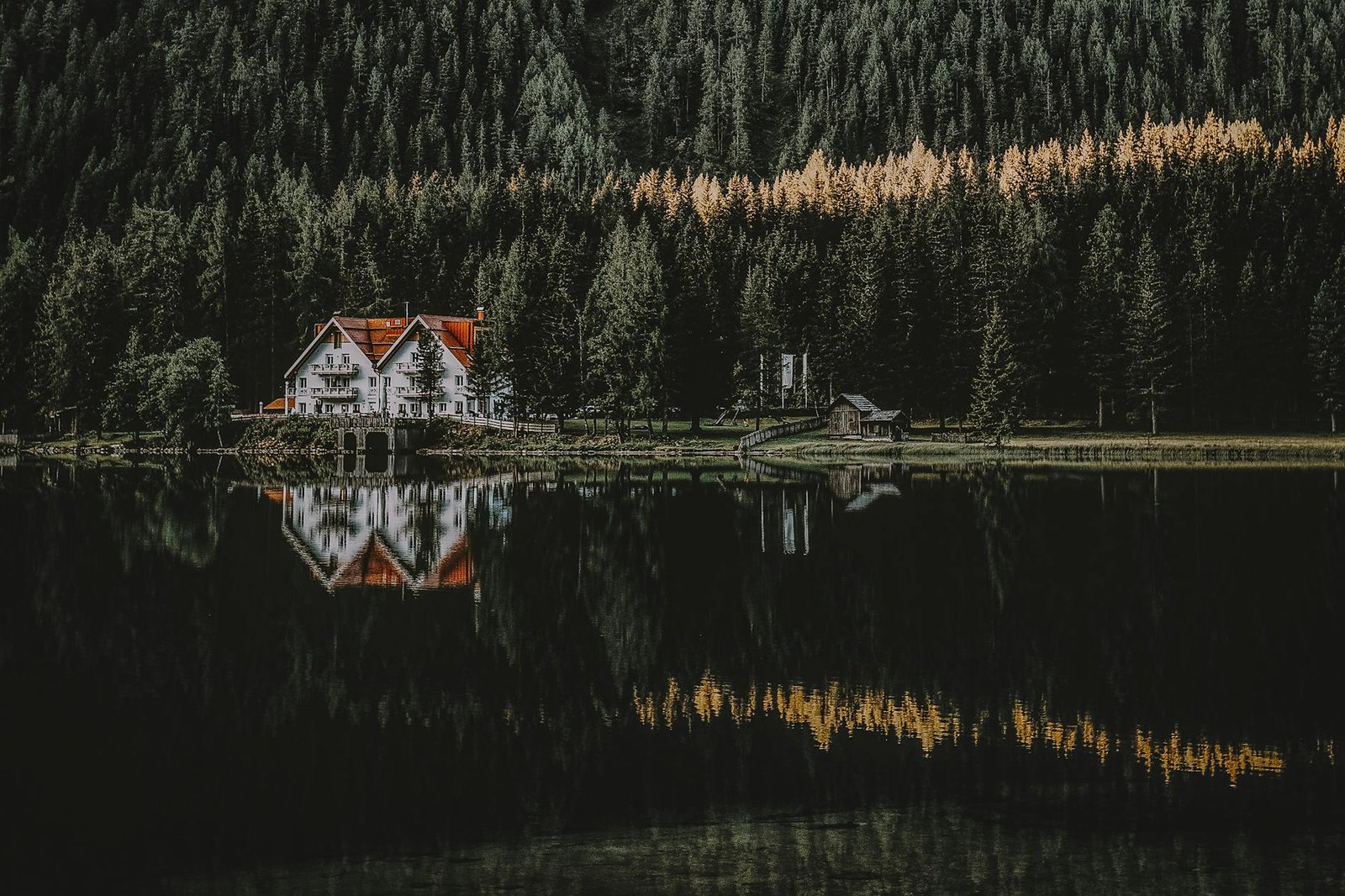
Going online is not just a decision; it is a great idea that requires strategic planning and unwavering commitment. Embracing this digital lifestyle can be a rich and enriching experience. From building a successful online presence to redefining the concepts of work and play, the possibilities in the virtual world are endless. Individuals can create unique and successful lives online by creating engaging content, connecting with global audiences, and using digital tools to increase productivity.
Embracing this lifestyle opens the door to creativity, flexibility, and endless opportunities for personal and professional growth. After all, online life is just the Internet. It embodies a conscious lifestyle choice that can help and change every aspect of a person’s life.
Renewable energy:
Sustainable energy products are products that can be recycled and are considered environmentally friendly. These types of energy include solar, wind, hydroelectric, and geothermal energy. Unlike fossil fuels, which are limited in quantity and cause pollution and climate change, renewable energy sources provide cleaner, safer energy sources to meet our energy needs.
By harnessing the power of the sun, wind, water, and global warming, we can reduce our dependence on non-renewable resources and reduce our carbon footprint.
Sustainable Agriculture: Growing your own food using permaculture and organic farming methods, which not only provides you with fresh, healthy food but also reduces your dependence on the industrial food system.
Water conservation: The implementation of rainwater collection systems, the reuse of gray water, and conservation techniques can help ensure a sustainable water supply, even in areas with little rainfall.
Appropriate technology: Using simple and effective technologies, such as efficient wood stoves, electricity-free refrigerators, and low-cost water filtration systems, can help meet your basic needs without modern infrastructure.
Survival Skills: Learning survival skills, such as building a shelter, identifying edible plants, and hunting and fishing techniques, can be essential to living a more independent life.
Exchange and local commerce: Building exchange and trade networks with other local inhabitants can help satisfy needs, strengthening the community and reducing dependence on external resources.
Education and awareness: Sharing knowledge and raising awareness about sustainable practices and living offline can inspire others to embrace positive changes in their lives and communities.
Remember that off-grid living does not necessarily mean total isolation from society, but rather finding a more conscious, sustainable, and self-sufficient lifestyle.
Off grid living supplies
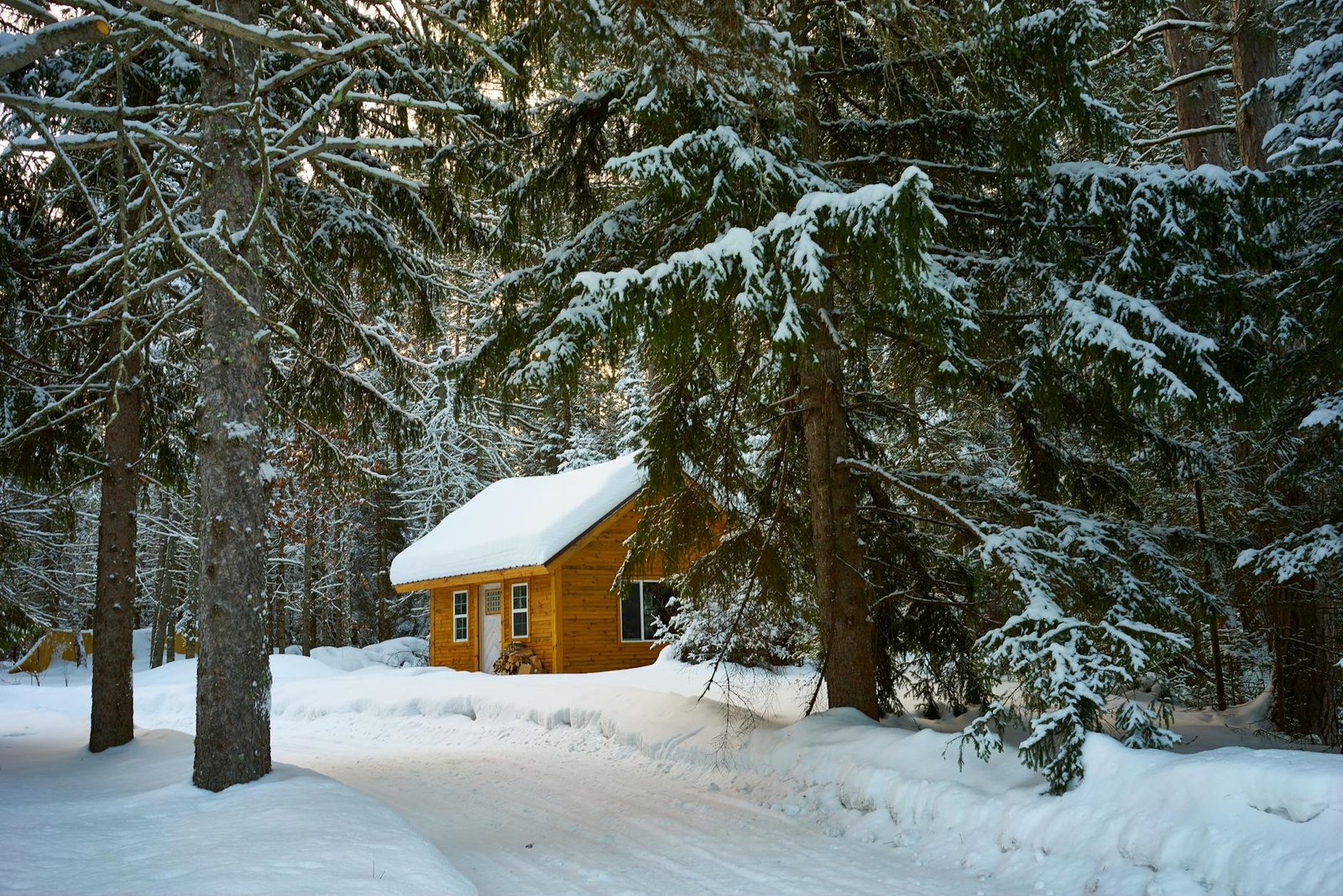
Off grid living can be an exciting and rewarding adventure! Here are some needs you should consider ( living off the grid for beginners ):
Alternative energy source:
Solar panels, wind turbines, or diesel generators can produce electricity.
Water Filtration System: A high-quality water filter is essential to ensure the availability of clean drinking water.
Water supply: Access to stored drinking water is essential in emergency situations or in the event of a supply interruption.
Heating and/or cooling system: Depending on your local climate, you may need a system to maintain a comfortable temperature in your home.
Hand tools: Basic tools like hammer, saw, screwdriver, etc. for maintenance and repair. First Aid Kit: Complete kit with basic medical supplies to treat injuries and health emergencies.
Composting system or compostable toilet: handling organic waste in an environmentally conscious way.
Perishable foods and emergency supplies: cereals, canned goods, and dry foods that last a long time.
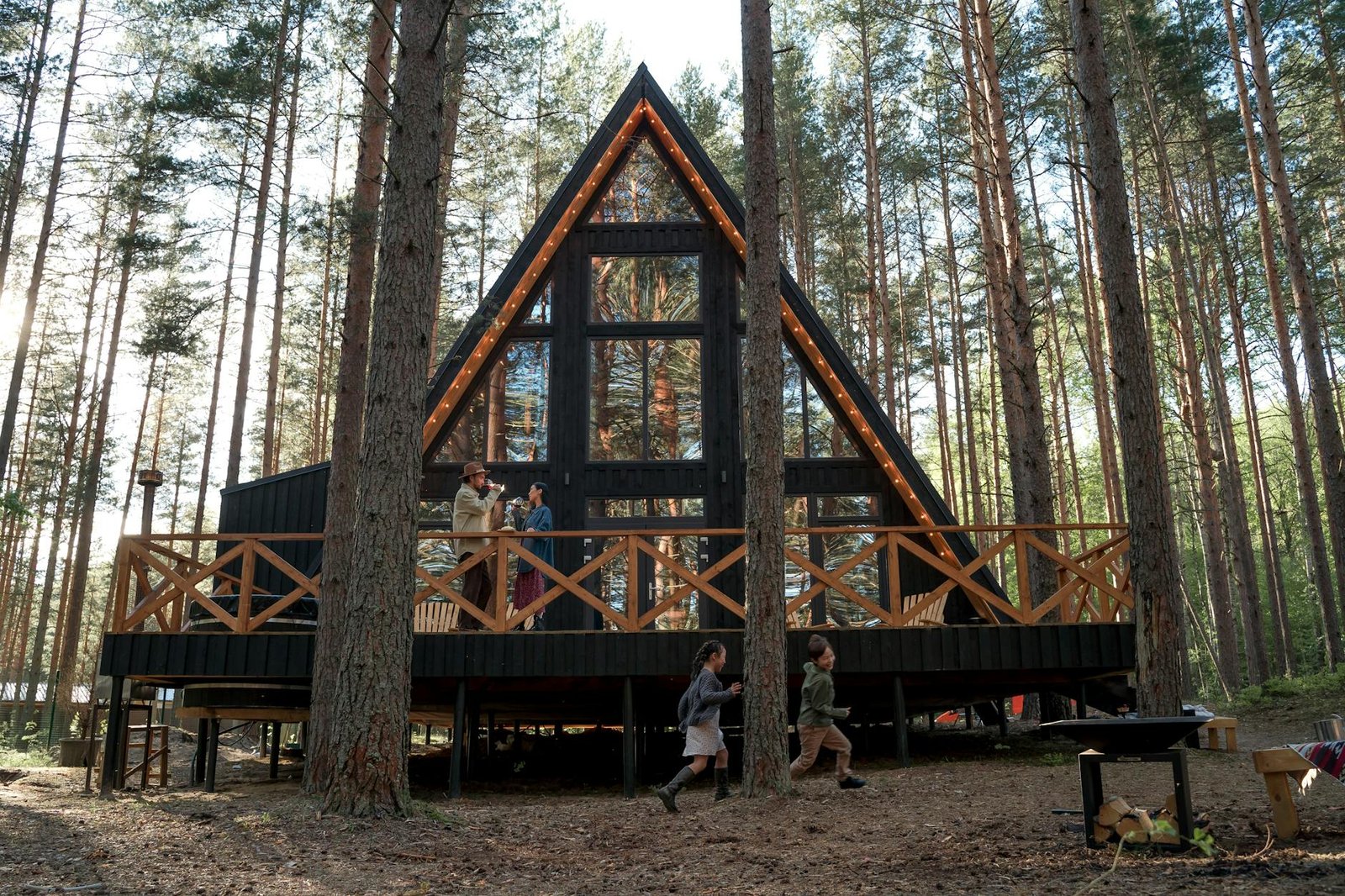
Agricultural tools: If you plan to grow your own food, farming tools are essential.
Emergency Communications: CB radio or satellite phone for emergency communication.
Guides and manuals: information about agriculture, survival, natural remedies, etc. can be invaluable.
Safety equipment: flashlights, lanterns, fire extinguishers, carbon monoxide detectors, etc.
Edible plant seeds: Grow your own food long-term.
Biodegradable personal hygiene products: maintaining personal hygiene without environmental impact.
Thermal insulation material: keeps your home comfortable, especially in extreme climates. Fishing and hunting equipment (if necessary): If you intend to obtain some food from nature.
Be sure to adapt this list to your specific needs and offline environment.
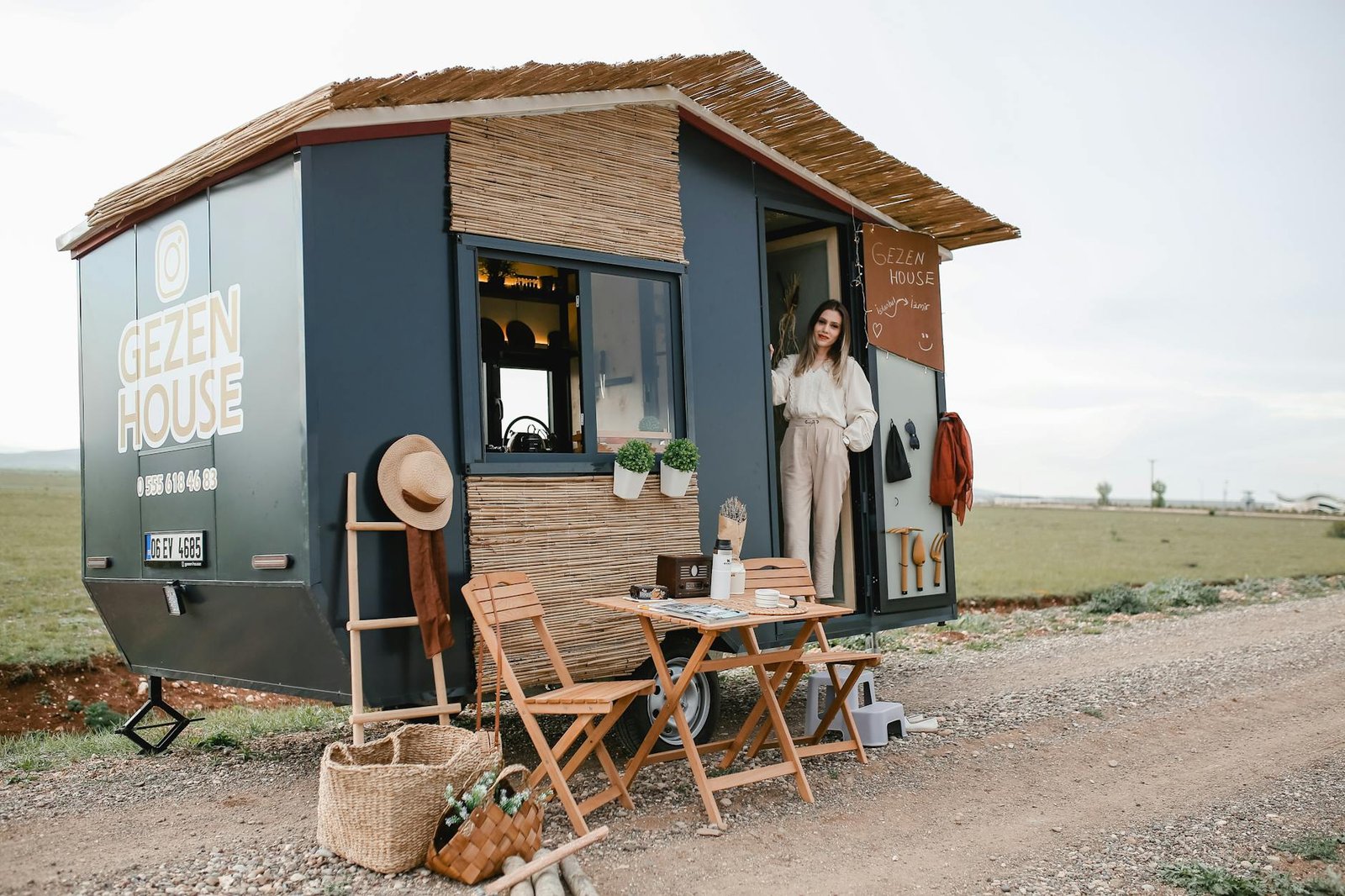
Conclusion: There is life offline
Off grid living offers a unique opportunity to connect with the physical world, rekindle relationships, and find meaning in authentic interactions. While the online world can offer convenience and opportunity, real offline connections are essential for a balanced and fulfilling life.
Embracing moments of disconnection, we navigate an authentic and enriching experience, valuing human relationships that transcend the digital.
FAQ:
How much money do you need for off grid living?
The cost of living off the grid can vary greatly depending on many factors, including the location you choose, the level of self-support you seek, and your personal preferences. Generally speaking, the total cost can range from tens to hundreds of thousands of dollars. If you choose to purchase undeveloped land the price will be lower.
Conversely, if you decide to build a new home from scratch, expect costs to increase, especially when infrastructure and renewable energy are taken into account. Likewise, making an existing property self-sufficient will come at a higher price due to the necessary renovations and adjustments. Ultimately, The Cost of Living Off-Grid is a journey that can be customized to fit your budget and lifestyle preferences.
Is it illegal to live off the grid in America?
It is not illegal to live off the grid in the United States, and people are free to choose a self-sufficient lifestyle. But there are many things to consider when choosing this lifestyle. While there are no specific laws against living off the grid, various regulations, zoning laws, and local ordinances may come into play, especially regarding building rights, waste disposal, and property rights.
For those who want to live off the grid, understanding and understanding the potential limitations is important to be able to deal with them effectively. With knowledge and good work, people can make a better transition to a more independent lifestyle while complying with rules and regulations.
Can you realistically live off the grid?
Achieving an outdoor lifestyle requires careful planning, personal fulfillment, and an unwavering commitment to an environmentally friendly approach. While the idea of living independently of basic resources is appealing, reality requires a commitment to meeting basic needs such as access to water, health, energy, and freedom of housing.
This way of life differs from traditional practices and requires a similar approach that integrates all aspects of daily living. By accepting this perspective and developing the necessary skills, individuals can successfully meet the challenges and benefits of living outdoors while establishing connections with their environment and person.
What is the disadvantage of off grid living?
The main disadvantage of off-grid living is the initial high cost of setup and maintenance. It also requires a significant lifestyle adjustment, including limited access to conveniences like public utilities, healthcare services, and social amenities. Additionally, off-grid living may involve facing challenges such as extreme weather conditions, isolation, and limited access to emergency services.
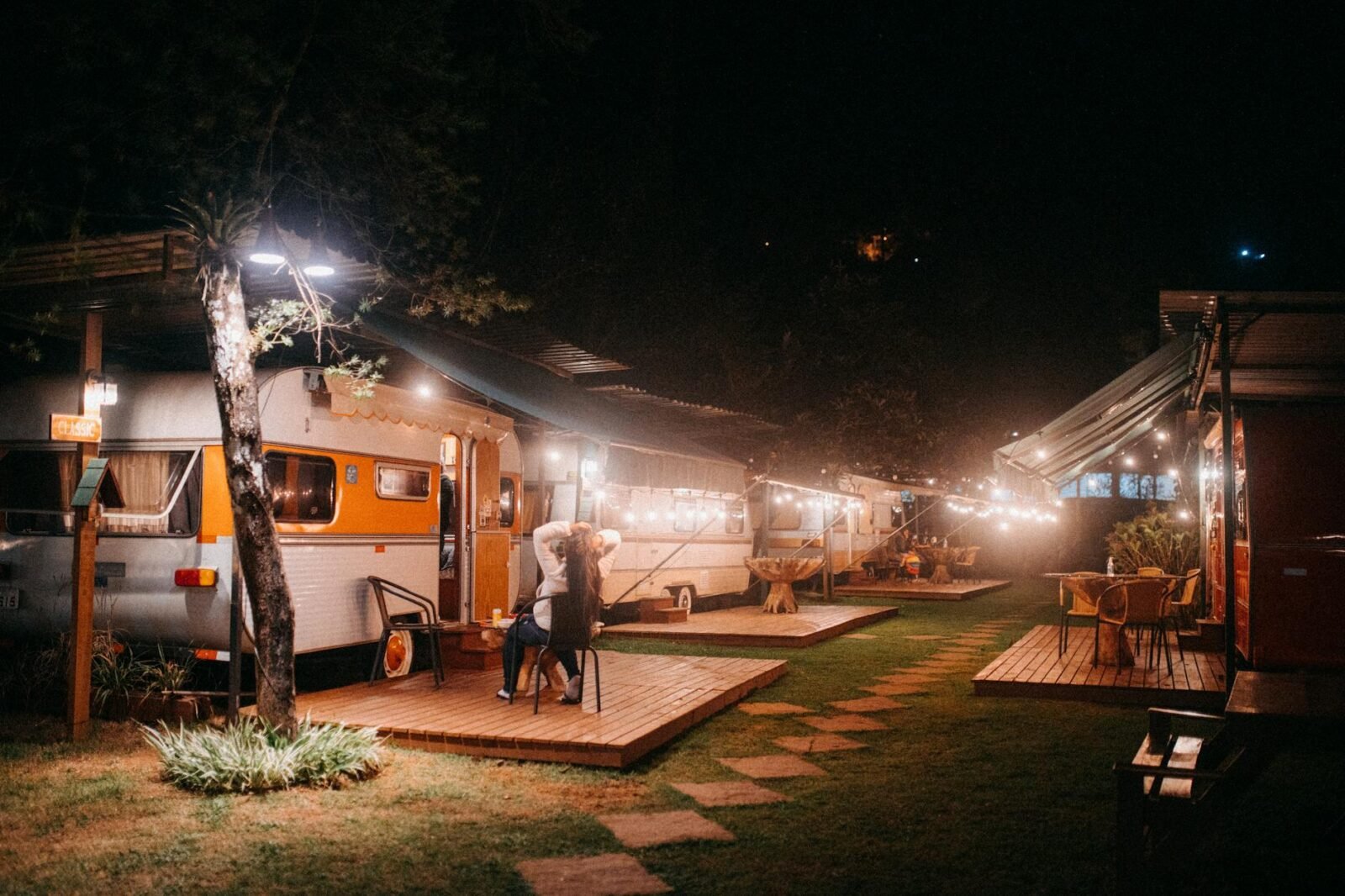
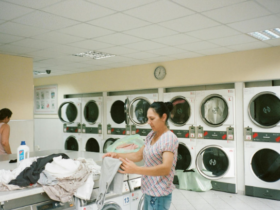
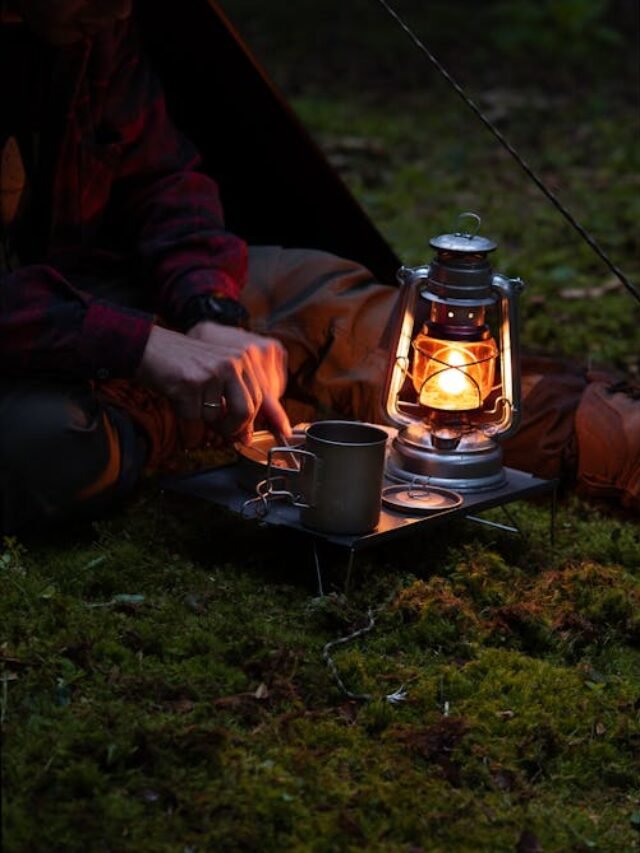








Leave a Reply